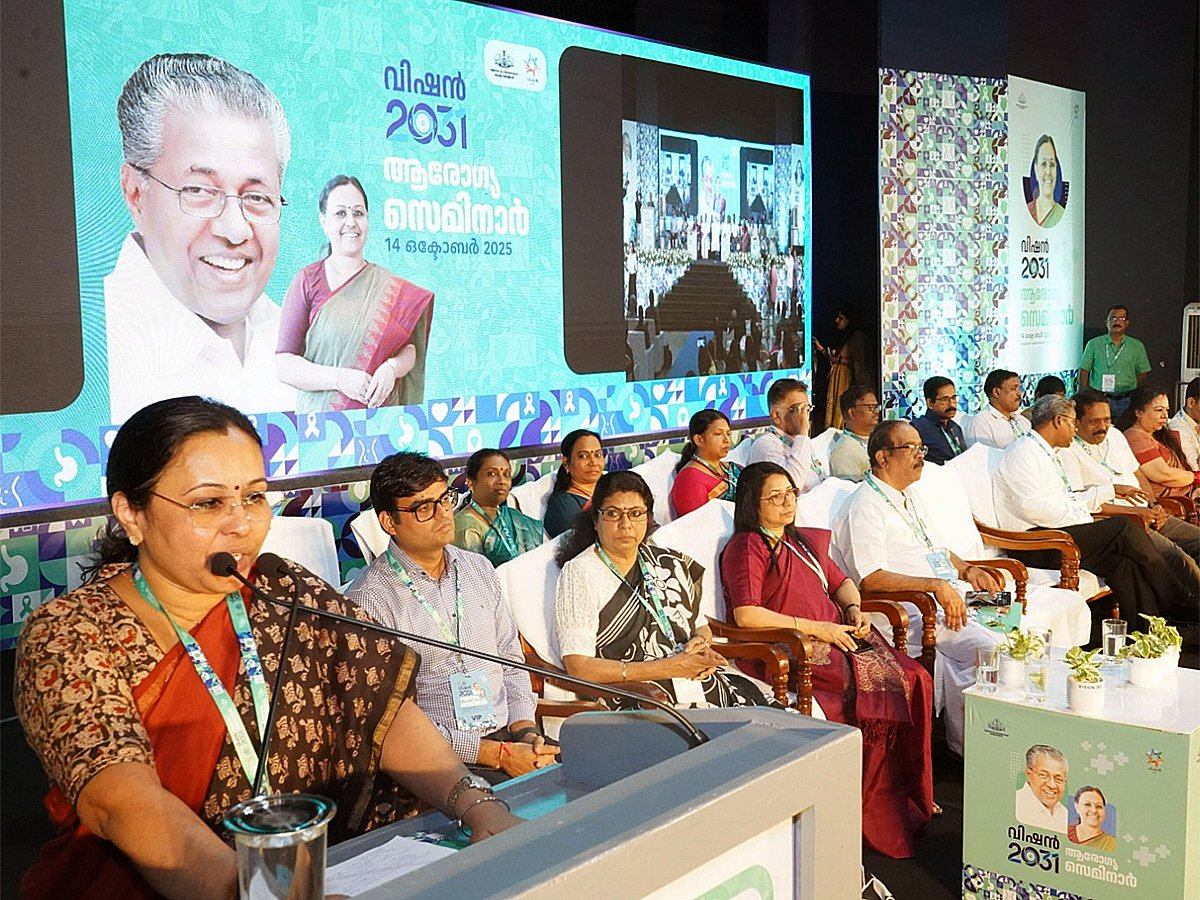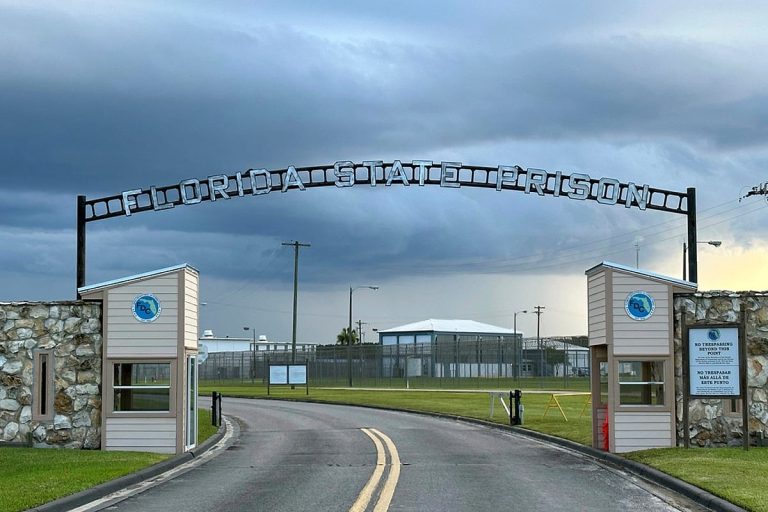Kerala Aims for Universal Healthcare by 2031
Kerala is embarking on an ambitious journey to provide universal healthcare to all its residents by the end of the decade. This initiative was announced by State Health Minister Veena George during the launch of the policy document “Vision 2031 – Health Sector of Kerala” at a recent health seminar. The plan aims to ensure equitable access to quality medical services throughout the state.
Key Components of the Vision 2031 Plan
The Vision 2031 initiative outlines several strategic goals to enhance the healthcare landscape in Kerala. The government plans to decentralize specialty treatments, fortify primary healthcare, and improve trauma and emergency care services. These efforts are designed to make quality healthcare accessible to every citizen.
Health Insurance Expansion
Currently, the Karunya Health Security Scheme provides health coverage to 4.22 million families, offering up to Rs 500,000 per family. This scheme integrates various state programs and will continue to evolve, with new initiatives aimed at broadening the reach of state-supported health insurance.
Preventive Health Initiatives
A significant focus of the Vision 2031 plan is on preventive health measures. The government is launching the Healthy Life Campaign, which includes the establishment of 10,000 yoga clubs and school health programs to promote healthier lifestyles from a young age. Additionally, the Aardram Popular Campaign will conduct home screenings for lifestyle diseases for residents over 30, ensuring early detection and timely treatment.
Cancer Prevention Efforts
Kerala is also prioritizing cancer prevention through its Anandam Akaram campaign, which has successfully screened over 2 million individuals for cancer. This initiative is complemented by the development of modern cancer treatment facilities across the state, enhancing the overall healthcare infrastructure.
Addressing Infectious Diseases
In light of emerging health threats, such as amoebic meningoencephalitis, Kerala is strengthening its epidemic intelligence system. The state is formulating localized micro plans to bolster its preparedness and response capabilities against infectious diseases.
Upgrading Medical Infrastructure
To support these initiatives, all medical colleges in Kerala will be upgraded to tertiary care centers. This transformation aims to combine clinical excellence with academic growth, ensuring that healthcare professionals are well-equipped to meet the state’s needs. Furthermore, the state plans to establish international research centers focused on Ayurveda, positioning Kerala as a global hub for traditional medicine.
Public Health Awareness
Minister George emphasized the importance of relying on verified medical information and urged citizens to avoid spreading misinformation that could jeopardize public health. This call to action is part of a broader strategy to enhance community awareness and engagement in health matters.
FAQs
What is the target year for Kerala’s universal healthcare initiative?
Kerala aims to achieve universal healthcare coverage by the year 2031.
How many families are currently covered under the Karunya Health Security Scheme?
The Karunya Health Security Scheme currently covers 4.22 million families, providing health insurance of up to Rs 500,000 per family.
What preventive health measures are being implemented in Kerala?
Kerala is implementing several preventive health measures, including the establishment of yoga clubs, school health programs, and home screenings for lifestyle diseases for residents over 30.
Conclusion
Kerala’s Vision 2031 initiative represents a comprehensive approach to achieving universal healthcare by the end of the decade. With a focus on preventive health, enhanced medical infrastructure, and public awareness, the state is poised to make significant strides in improving the health and well-being of its residents. As these plans unfold, the commitment to equitable healthcare access remains a top priority.
The Vision 2031 initiative is part of Kerala’s broader commitment to improving health outcomes and addressing the diverse needs of its population. By integrating traditional practices with modern healthcare approaches, the state aims to create a holistic health system that caters to both physical and mental well-being. The emphasis on community involvement and education is expected to foster a culture of health awareness, empowering individuals to take charge of their health.
Moreover, the initiative aligns with global health goals, including the United Nations Sustainable Development Goals, which advocate for universal health coverage and access to quality essential health services. As Kerala progresses towards its 2031 target, collaboration with various stakeholders, including healthcare professionals, educational institutions, and community organizations, will be crucial in ensuring the success of these ambitious plans.
Also Read:
Hijab Policy Sparks Controversy at Kerala School







